How will the UK change following the Queen’s death?
Future course to be mapped out by King Charles III after passing of the nation’s ‘North Star’

A free daily email with the biggest news stories of the day – and the best features from TheWeek.com
You are now subscribed
Your newsletter sign-up was successful
Addressing Parliament in 2002 as the nation celebrated her Golden Jubilee, Queen Elizabeth II said of her reign: “Change has been a constant, managing it has become an expanding discipline. The way we embrace it defines our future.”
Under her rule, the UK rose from “class-bound, dowdy postwar decline to increasingly fluid diversity and dynamism”, said Andrew Neil in the Daily Mail. But “even as the world changed”, said The Atlantic’s Helen Lewis, the Queen remained a “North Star in the night sky”.
The Queen was a “unifying figure” in a country “that had increasingly felt divided in recent years amid political upheaval with the Brexit referendum and a series of prime ministers”, said The New York Times. We “must now discover, after a reign that lasted seven decades, what England, and Britain, is without her”, added The Atlantic’s Lewis.
The Week
Escape your echo chamber. Get the facts behind the news, plus analysis from multiple perspectives.

Sign up for The Week's Free Newsletters
From our morning news briefing to a weekly Good News Newsletter, get the best of The Week delivered directly to your inbox.
From our morning news briefing to a weekly Good News Newsletter, get the best of The Week delivered directly to your inbox.
Will the union survive?
The Queen was “the glue that held our nation together for as long as most of us can remember”, said Neil in the Daily Mail. Now, “the risk of becoming unstuck and falling apart on so many fronts is all the greater”.
He points to “her symbolic role in keeping the four nations of the United Kingdom together when so much was conspiring to tear it apart”. Ahead of the 2014 Scottish independence referendum, the Queen urged voters to “think very carefully about the future” before casting their votes.
Nationalists “will never forgive her for” for that rare intervention, said Neil, but the Scottish population “did think very carefully – and voted to remain in the union”.
“With her gone, the risk of becoming unstuck and falling apart on so many fronts is all the greater,” he warned.
A free daily email with the biggest news stories of the day – and the best features from TheWeek.com
As Scotland once again “presses for independence”, said Bloomberg, King Charles’s kingdom “faces potential break-up”.
Although he “will love Scotland just as much” as his mother did, added Neil, “he simply doesn’t have her authority”.
Will the role of the monarchy change?
The Queen “steered the monarchy” through decades of change, said The Atlantic’s Lewis. But Charles takes over amid a growing chorus of voices questioning the role of the monarchy in modern-day Britain.
The monarchy is “an anachronism in the modern age”, said The Guardian. The Queen showed “enormous dedication” and “deserved the national respect and affection” that she commanded, the paper continued.
But “let us be sensible enough, as a changed and changing nation, to recognise that the monarchy will and must change too”.
“If the Elizabethan age just ended is anything to go by,” said Ben Macintyre in The Times, “the monarchy of the future will be smaller, older, cannier, funnier, more reticent and micromanaged, underdressed in private moments and lavish in public ceremonial, more informal but not more intimate.”
Royalty of the 21st century will have to “be run on business lines”, he added, and “show stakeholders a clear cultural profit”.
Speculation is also growing about whether “Commonwealth nations may start to reconsider their association with the monarchy”, said The New York Times.
The Daily Mail’s Neil suggested that the Commonwealth “might well have withered and died but for the Queen’s constant care and attention” to its people and leaders. Although Charles “will work hard to keep the Commonwealth vibrant and relevant”, Neil wrote, “it will be harder – though not impossible – to keep it together with the Queen gone”.
King Charles and his successors “will be required to be agile” in a world that is “moving at staggering speed, transformed by global influences on British society, economic transition, social and ethnic migrations and radical institutional reform”, said Macintyre in The Times.
The changes in wider society will “touch monarchy, and perhaps ensure its survival”, he continued. In “a judgemental, demanding and over-achieving age”, the next generation of Royals “will have to work harder for greatness than any before it”.
Julia O'Driscoll is the engagement editor. She covers UK and world news, as well as writing lifestyle and travel features. She regularly appears on “The Week Unwrapped” podcast, and hosted The Week's short-form documentary podcast, “The Overview”. Julia was previously the content and social media editor at sustainability consultancy Eco-Age, where she interviewed prominent voices in sustainable fashion and climate movements. She has a master's in liberal arts from Bristol University, and spent a year studying at Charles University in Prague.
-
 Will increasing tensions with Iran boil over into war?
Will increasing tensions with Iran boil over into war?Today’s Big Question President Donald Trump has recently been threatening the country
-
 Corruption: The spy sheikh and the president
Corruption: The spy sheikh and the presidentFeature Trump is at the center of another scandal
-
 Putin’s shadow war
Putin’s shadow warFeature The Kremlin is waging a campaign of sabotage and subversion against Ukraine’s allies in the West
-
 Will Beatrice and Eugenie be dragged into the Epstein scandal?
Will Beatrice and Eugenie be dragged into the Epstein scandal?Talking Point The latest slew of embarrassing emails from Fergie to the notorious sex offender have put her daughters in a deeply uncomfortable position
-
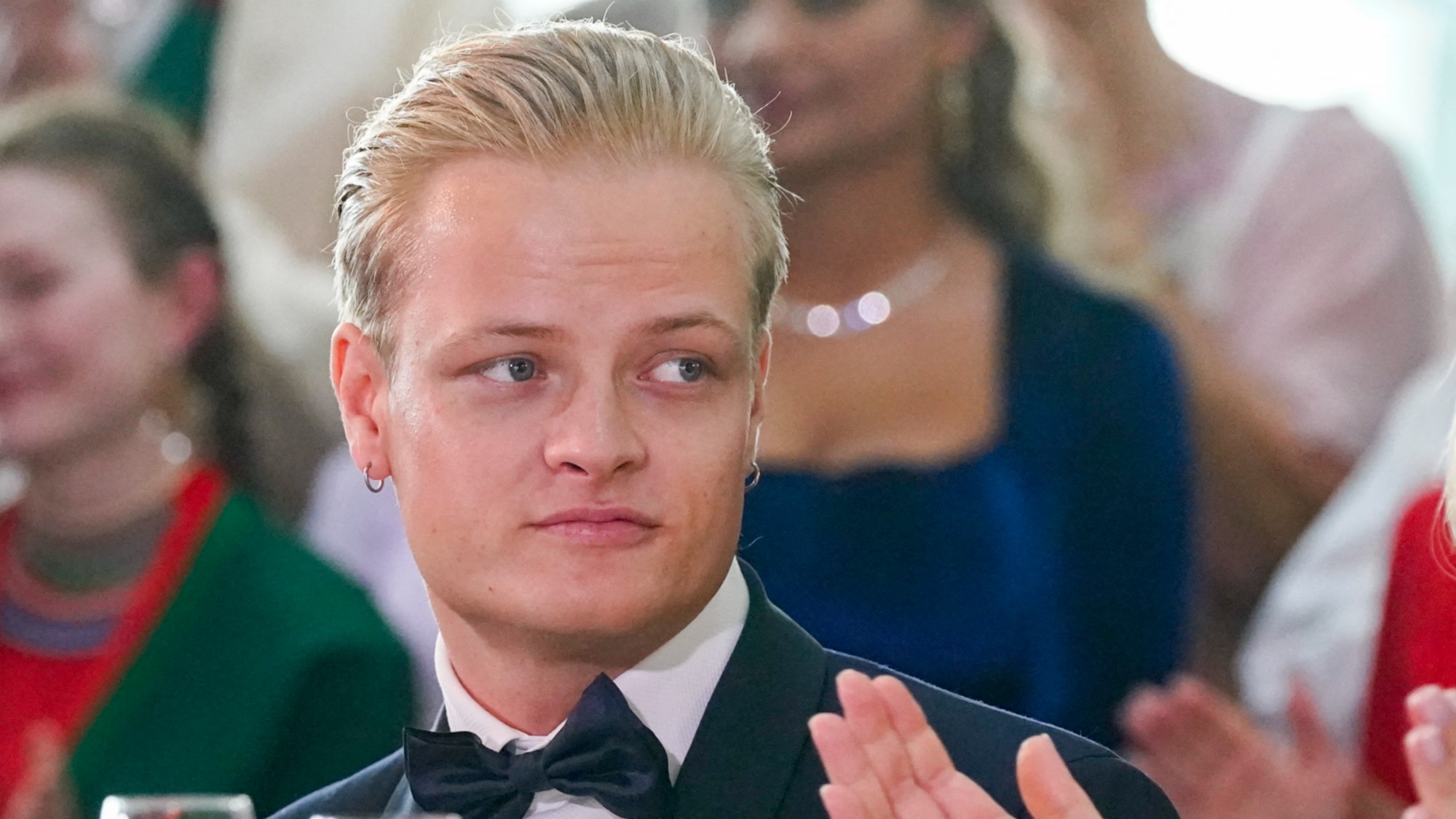 Norway’s scandal-hit royals
Norway’s scandal-hit royalsIn the Spotlight Rape trial of Marius Borg Høiby, son of the crown princess, adds to royal family's ‘already considerable woes’
-
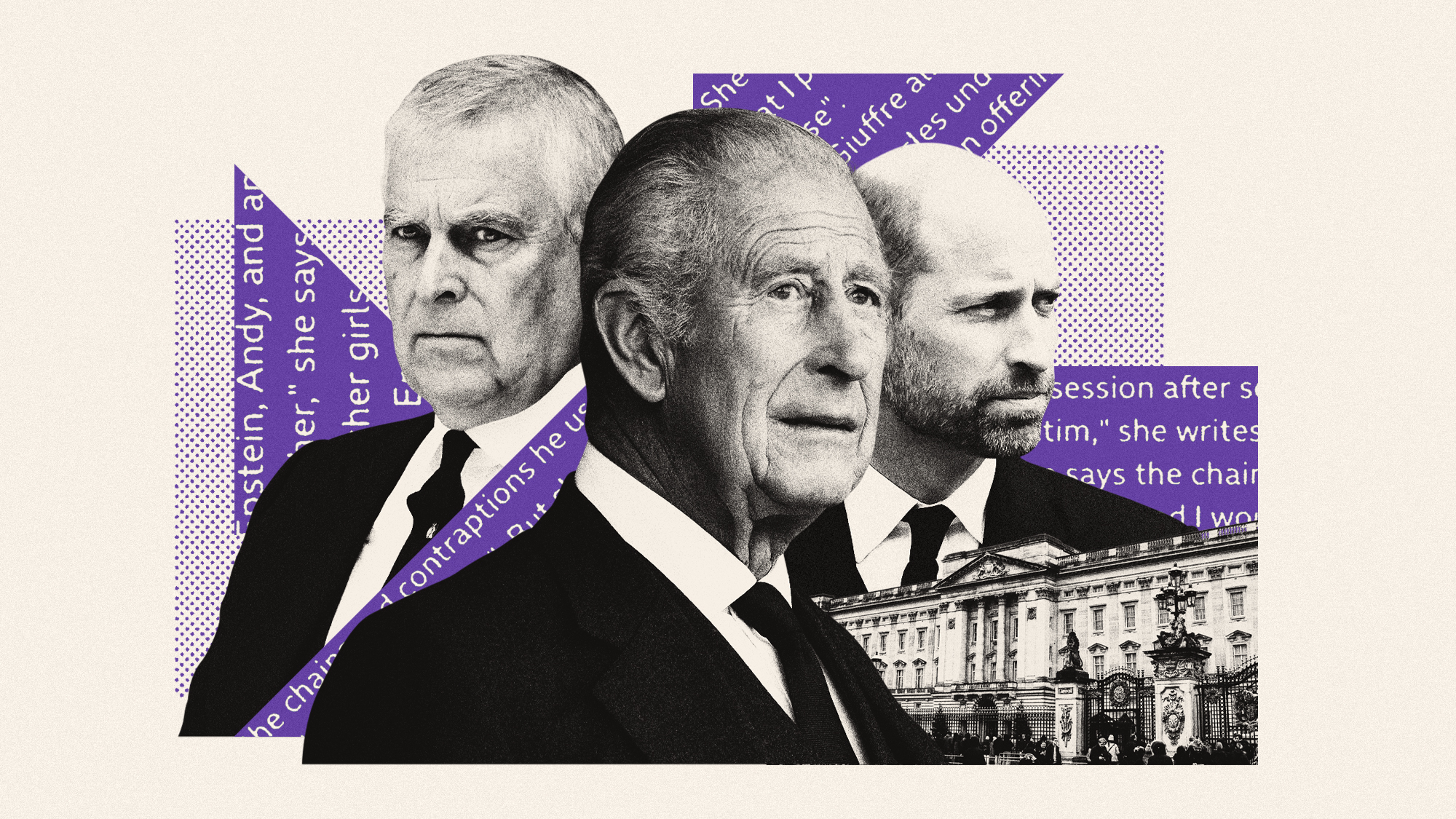 Prince Andrew: is the royal family doing enough?
Prince Andrew: is the royal family doing enough?Today’s Big Question King Charles faces calls for tougher action against Andrew after latest allegations about Virginia Giuffre and Jeffrey Epstein
-
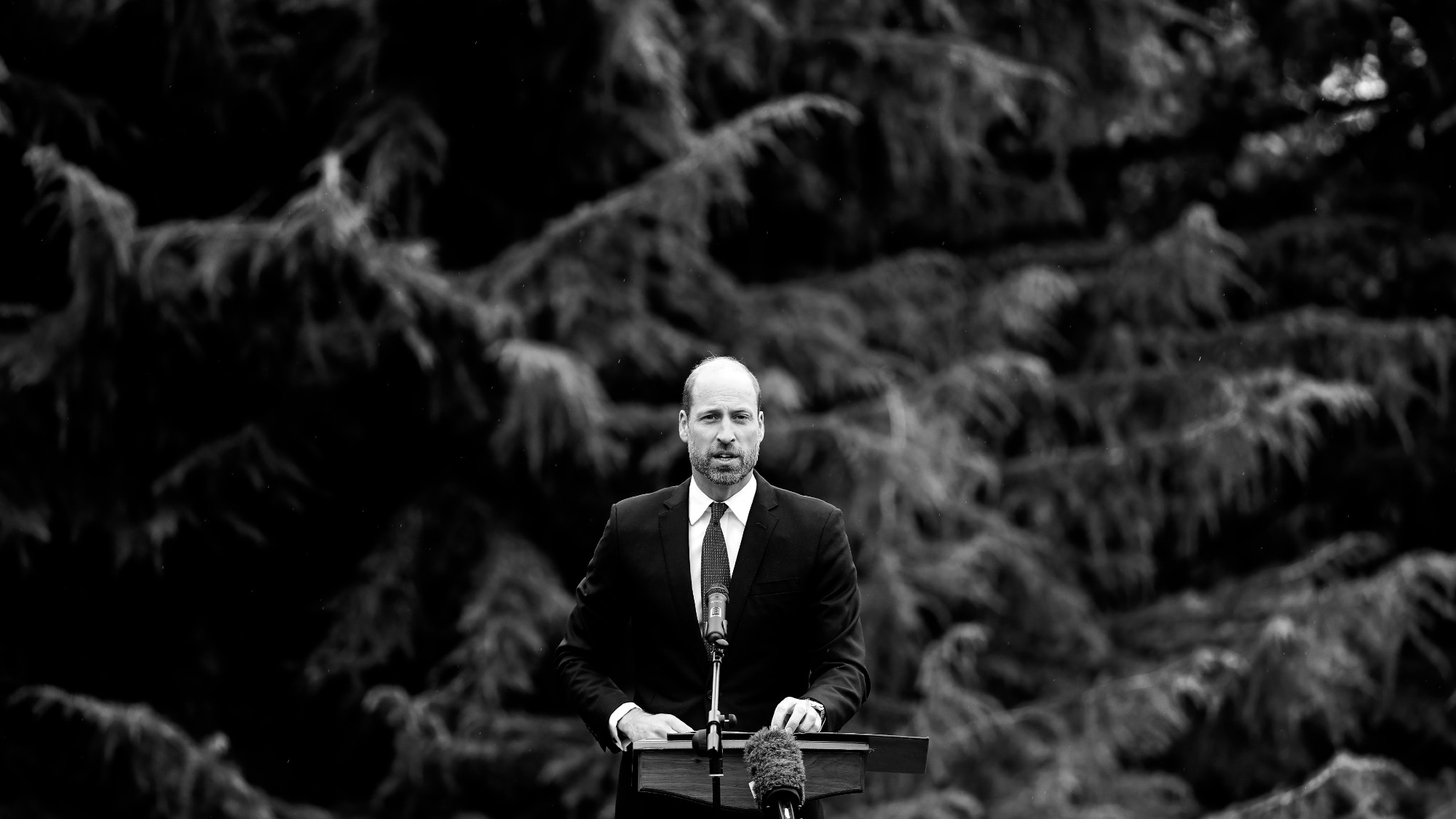 What will William be like as king?
What will William be like as king?Today's Big Question Prince of Wales said he won’t be ‘restricted’ by history when he takes the throne
-
 Prince charming: Harry’s tea with King sparks royal reconciliation rumours
Prince charming: Harry’s tea with King sparks royal reconciliation rumoursTalking Point Are the royals – and the UK public – ready to welcome the Duke of Sussex back in?
-
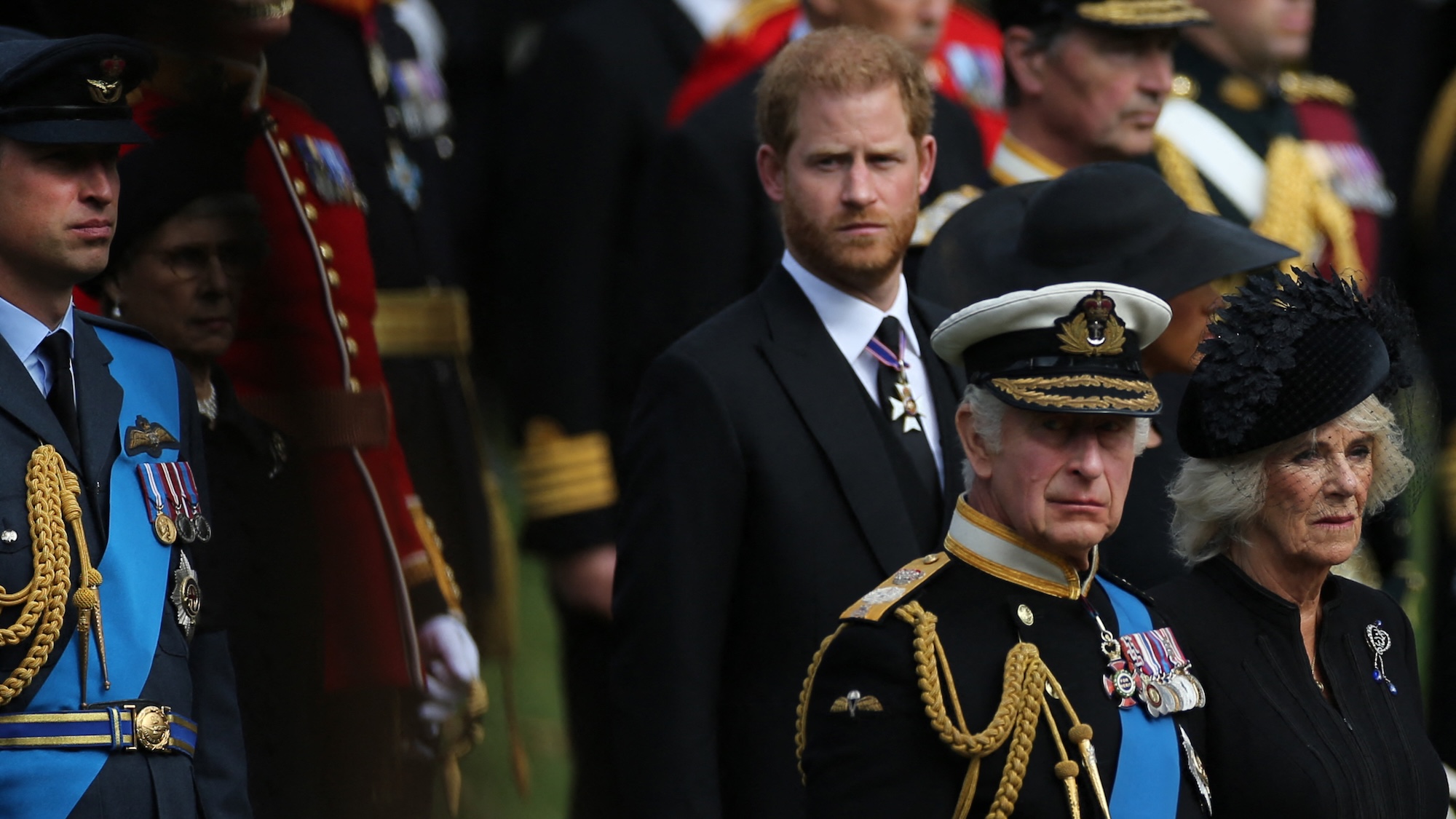 King Charles and Prince Harry: peace in our time?
King Charles and Prince Harry: peace in our time?Talking Point Leaked images of a secret meeting between royal aides suggest a dialogue is beginning to open up
-
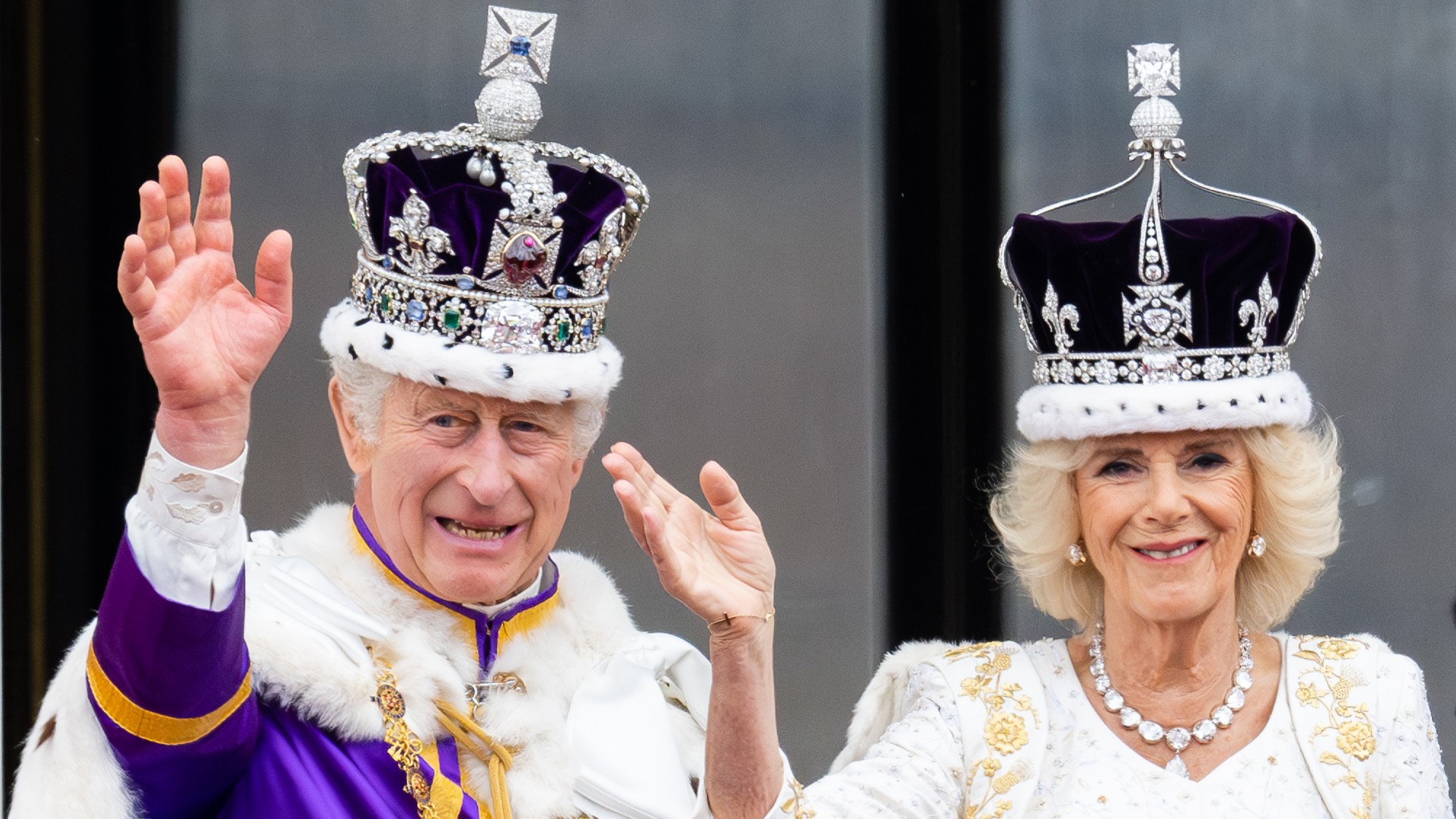 King Charles and the Sovereign Grant: how UK taxpayers fund the monarchy
King Charles and the Sovereign Grant: how UK taxpayers fund the monarchyThe Explainer Royals received £86.3m from government last year – and they are in line for a 50% increase
-
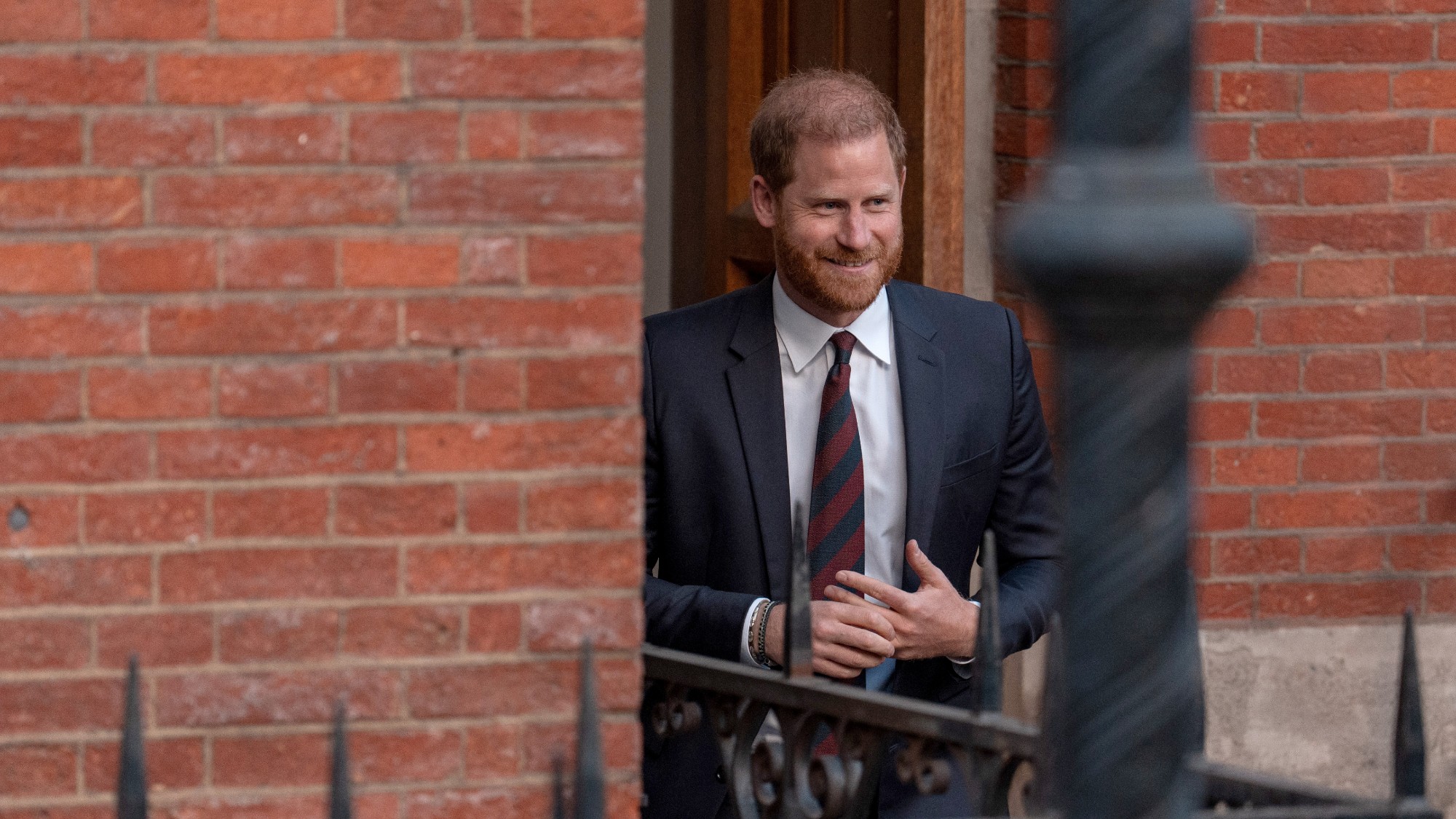 Is Prince Harry owed protection?
Is Prince Harry owed protection?Talking Point The Duke of Sussex claims he has been singled out for 'unjustified and inferior treatment' over decision to withdraw round-the-clock security